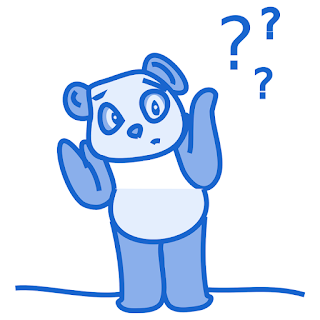About 18 months ago I was contacted by my publisher and asked if I would ghostwrite a novel for a celebrity. It was to be a Second World War story, set in the East End of London. Initially that’s all I was told, but I couldn’t agree to do the work without knowing who the celebrity was (it might have been some rabid right-wing politician! Argh!) Thankfully it was someone I admired so I agreed to write the book, as it’d be a new and interesting challenge for me. I was passed lots of research that had already been done, and we had a few WhatsApp conversations where more ideas were sent my way.
I spent last summer writing draft one, and the first few months of this year completing several rounds of edits until the book was finally accepted.
And now… now I’m waiting for publication date, waiting to see how it’s received by the reading public, by the celebrity’s many fans and followers, by the book press…
… and it’s a strange feeling. With my own books that are written under my own name, I get to approve the cover and blurb, I’m involved in the cover reveal, I’ll post excitedly about the book going up for preorder, I’ll arrange a blog tour around publication date, I’ll post frequently on my social media about the book in its first few weeks post-publication. I’m not an author who does a lot of promotion compared to others I know, but I do that much anyway.
This time – it’s not ‘my’ book. (My name will be on the title page inside, but not on the cover.) I get no royalties (it was a flat fee) so it makes no difference to me financially whether it does well or not. But I do care… because my name is associated with the book, and because I worked damned hard on it and I’m proud of the finished story, and I’d love the book to fly high!
I had a heads-up before the book was announced, I was sent a bound proof copy, and later I spotted the cover reveal by chance, and occasionally I see a snippet of news about it. Publication date is still a couple of months away so who knows how much hype there’ll be about it by then – it’ll be interesting to see.
My own books don’t make a huge splash. They sell to a core group of fans, to readers of dual timeline fiction, and they make me a decent income. But there’s never any real hype around publication, not like there will be with this book. I don’t know whether any of this book’s publicity will spill over into more sales for my own books or whether it’ll have no effect whatsoever. (Doesn’t really matter – I didn’t write it for that reason; I wrote it for the experience and the challenge.)
I don’t really know what to expect at all! And I’m not sure there’s a point to this blog post other than my musings out loud.
(PS it’s no secret who the celebrity is, but I didn’t want to include their name or the book’s title here so this post so it won’t turn up on searches. But if you’re really curious pop over to my website and have a rummage around to find out.)




.jpg)






